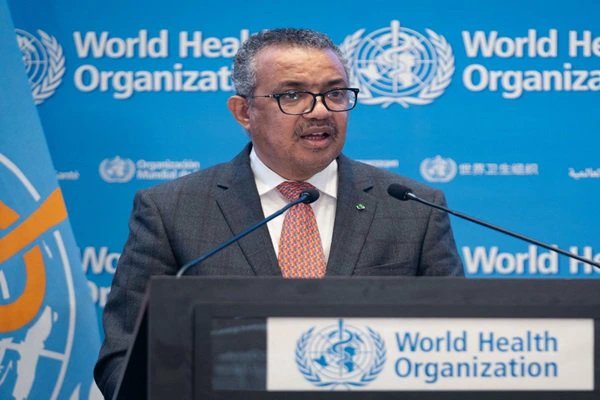(DDM) – Nigeria has emerged as the first national regulatory authority in Africa to sustain the World Health Organization’s (WHO) Maturity Level 3 (ML3) status for regulating medicines and vaccines, a landmark that cements its position as a continental leader in pharmaceutical oversight.
The milestone, effective until June 30, 2025, is a vital prerequisite for vaccine manufacturing and a major boost to public health credibility.
It also strengthens Nigeria’s prospects in global trade for medical products approved by the National Agency for Food and Drug Administration and Control (NAFDAC).
Tanzania achieved the status in 2018, Ghana in 2020, Egypt in 2022, and Rwanda, Senegal, and Zimbabwe in 2024.
However, Nigeria is the first to sustain ML3, a feat confirmed after WHO teams carried out assessments in Abuja and Lagos from November 25 to 29, 2024, followed by five Institutional Development Plan meetings between February and May 2025.
Speaking in Abuja on Tuesday, NAFDAC Director General, Prof. Mojisola Adeyeye, said the agency, in collaboration with the Pharmacy Council of Nigeria (PCN), is now working towards Maturity Level 4 and eventual WHO-Listed Authority status, the highest international validation for medicine regulation.
Adeyeye explained that sustaining ML3 required a rigorous re-benchmarking exercise that examined Nigeria’s performance across more than 260 sub-indicators and over 800 previous recommendations.
She confirmed that all critical recommendations from the 2022 WHO benchmarking had been successfully implemented.
The WHO evaluation covered nine regulatory functions, including market authorization, post-market surveillance, laboratory testing, and inspection protocols.
Adeyeye credited the seamless cooperation between NAFDAC and PCN for effective licensing, manufacturing oversight, and coordinated inspections.
She revealed that progress towards ML4 is already advanced, with 27 out of 57 required indicators closed, pharmaceutical inspectors undergoing retraining, and regulatory practices being aligned with global standards.
PCN Registrar and CEO, Babashehu Ahmed, reaffirmed the commitment to achieving ML4, noting that both agencies have jointly launched the Federal Task Force on Substandard Medicines and Unsafe Food to protect public health.
Ahmed stressed that the sustained WHO validation will attract foreign investment, create jobs, and expand Nigeria’s pharmaceutical export potential.
He added that these achievements will also enhance the nation’s push towards universal health coverage and increase investor confidence in Nigeria’s health sector.
Public health experts say this sustained status not only places Nigeria ahead of several African peers but also positions it as a credible destination for high-standard pharmaceutical production, with the potential to influence regional medicine supply chains.







